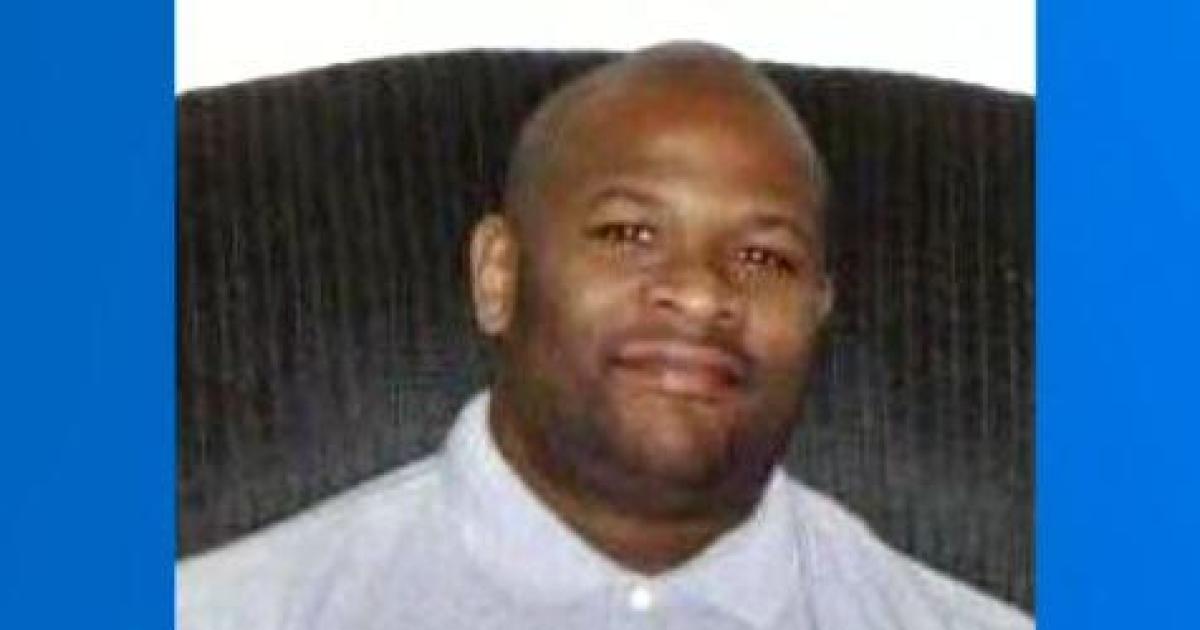U.S. indicts ex-CIA officer suspected of passing info to Chinese agents
WASHINGTON -- The Justice Department on Tuesday indicted an ex-CIA case officer suspected of passing information to Chinese intelligence agents. Jerry Chun Shing Lee, 53, a resident of Hong Kong, was indicted on one count of conspiracy to gather or deliver national defense information to aid a foreign government. He also was charged with two counts of unlawfully retaining documents related to U.S. national defense.
Prosecutors say Lee, who speaks fluent Chinese, illegally retained classified documents that included names and numbers of covert CIA employees and locations of covert facilities.
He could also be the key to a years-old mystery at the spy agency, as CBS News' Jeff Pegues reported in January. As early as 2010, officials at CIA headquarters in Langley, Virginia, were concerned about a possible mole. CIA contacts and informants in China were being killed or imprisoned -- and investigators wanted to know why. Sources told Pegues in January that Lee may have been leaking information to the Chinese.
Lee worked at the spy agency from 1994 to 2007 and worked on cases in China. According to court papers, in 2012, FBI agents discovered he had handwritten notes containing the "true names" and phone numbers of assets, covert CIA employees and CIA facilities. FBI agents found the documents when they searched two hotel rooms Lee stayed in during a trip to the United States. He was then interviewed five times, but for unknown reasons he was not arrested and returned to Hong Kong.
In a Tuesday news release about the indictment, Tracy Doherty-McCormick, acting U.S. attorney for the Eastern District of Virginia, said: "The allegations in this case are troubling."
"Conspiring with foreign agents poses a real and serious threat toward our national security," she added.
Lee's lawyer, Edward MacMahon, has refuted the charges. "Mr. Lee is not a Chinese spy," MacMahon said after his client's initial court appearance in February. "He is a loyal American who loves his country" and served in the military and the CIA.
The indictment alleges that three years after Lee left the CIA in 2007, two Chinese intelligence officers approached him and offered to pay him for information, including documents on U.S. defense, until at least 2011.
The Chinese intelligence officers allegedly provided Lee with email addresses so they could communicate covertly. The indictment alleges that Lee made "numerous unexplained cash deposits, and repeatedly lied to the U.S. government during voluntary interviews when asked about travel to China and his actions overseas."
Lee is a naturalized U.S. citizen. He served in the U.S. Army, then joined the CIA in 1994 and worked in a variety of overseas offices. He was trained in surveillance detection, recruiting and handling informants and classified material.
A court affidavit states that in 2012, Lee traveled from Hong Kong with his family to Northern Virginia, where he lived until 2013. When he flew to Virginia, the FBI obtained a warrant to search Lee's luggage and hotel room. Agents found two small books with handwritten notes containing names and numbers of covert CIA employees and locations of covert facilities, according to the affidavit.
Lee most recently worked at Christie's auction house in Hong Kong. In January, he flew to JFK Airport in New York, where he was arrested.
Former CIA deputy director Michael Morell, CBS News' senior national security contributor, said in January that Lee's case could prove as damaging to U.S. intelligence as Soviet moles Aldrich Ames and Robert Hanssen were during the Cold War, CBS News' Jeff Pegues reported. According to the FBI, that at the time of his arrest on Feb. 21, 1994, Ames was a 31-year veteran of the CIA who had been spying for the Russians since 1985. Hanssen was arrested and charged on Feb. 18, 2001 with committing espionage on behalf of the intelligence services of the former Soviet Union and its successors, according to the FBI's website. He was considered "the most damaging spy in FBI history."
"They way you caught Ames, the way you caught Hanssen was you caught them in the act of sharing classified information," Morell told CBS News.



